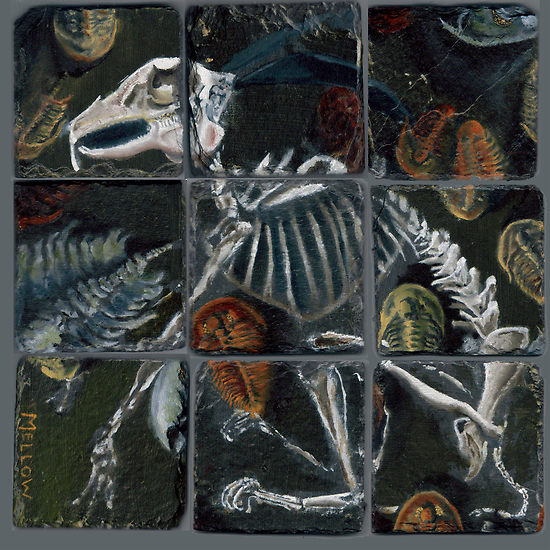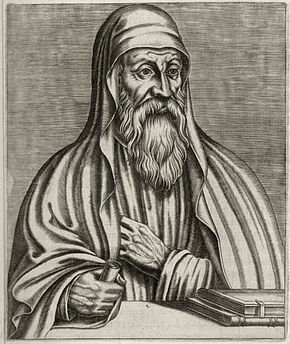 Following is a review of Gilad Atzmon’s book. One part of what interests me about this sort of discussion is the inevitable comparison with any other similar experiences of losing one’s old identity and finding a new one. My own experience was in losing my identity as a Christian and becoming what many would call a secular humanist. I went through more than one iteration of Christianity (fundamentalist, liberal) but failed to appreciate the extent to which one’s identity can be entombed in such a belief at any level, until I left the “other-world” idea behind entirely. (One is constantly reminded that even “liberal Christians”, for example, can sometimes be just as arrogant in their humility, just as intolerant and hostile of other views, as the fundamentalist variety. The only difference for so many is that they change their targets or their levels of self-deception. But we are all where we are at and each of us has our own journey to follow.)
Following is a review of Gilad Atzmon’s book. One part of what interests me about this sort of discussion is the inevitable comparison with any other similar experiences of losing one’s old identity and finding a new one. My own experience was in losing my identity as a Christian and becoming what many would call a secular humanist. I went through more than one iteration of Christianity (fundamentalist, liberal) but failed to appreciate the extent to which one’s identity can be entombed in such a belief at any level, until I left the “other-world” idea behind entirely. (One is constantly reminded that even “liberal Christians”, for example, can sometimes be just as arrogant in their humility, just as intolerant and hostile of other views, as the fundamentalist variety. The only difference for so many is that they change their targets or their levels of self-deception. But we are all where we are at and each of us has our own journey to follow.)
The original is at Gilad Atzmon’s blog here or on the VT site here.
Gilad struggled with the conflict between his early experiences as an Israeli Zionist and his awakening as a humanist
The Wandering WHO? navigates between thought-provoking personal experiences, historical and philosophical issues
by Paul J Balles
Gilad Atzmon, scholar, prolific writer and leading jazz saxophonist has authored the book The Wandering WHO? In it he astutely explores the identity crisis he himself experienced and one faced by many Jews.
Gilad struggled with the conflict between his early experiences as an Israeli Zionist and his awakening as a humanist.
His book reveals an innate ability to switch between the qualities of a down-to-earth artist (the successful sax player and word-smith) and the knowledgeable philosopher.
Without doubt, The Wandering WHO? will awaken many readers– pleasing some and disturbing others.
The pleased will include those who have experienced similar awakenings or resolved identity crises by continuously asking questions.
The book will also find welcome readers among those who have sought honest answers to the many contentious issues involving Jewish identity, Jewish politics and Israel.
The disturbed will include those Gilad might refer to as “separatist Jews…kind of a bizarre mixture of an SS commander and a Biblical Moses.”
Gilad will also face threats and complaints from those he calls “pro-war Zionist Islamophobes.”
He will undoubtedly find rejection from those who want “to stop proud, self-hating Jews (like Atzmon) from blowing the whistle.”
The Wandering WHO? navigates between thought-provoking personal experiences, historical and philosophical issues.
In the forward, Gilad tells the most remarkable story of his Jewish upbringing and the challenging questions raised by his early experiences as an Israeli Zionist.
In the chapters that follow, Gilad remarks that “Israel is the Jewish state and Jewishness is an ethno-centric ideology driven by exclusiveness, exceptionalism, racial supremacy and a deep inherent inclination toward segregation.”
Atzmon draws a distinction between Jews as: Continue reading “The Wandering Who?”
Like this:
Like Loading...
 Catching up with Géza Vermes’ The Changing Faces of Jesus I was surprised to find Vermes suggesting that the entire Philippian Hymn (2:6-11) is an interpolation inserted probably around the early second century!
Catching up with Géza Vermes’ The Changing Faces of Jesus I was surprised to find Vermes suggesting that the entire Philippian Hymn (2:6-11) is an interpolation inserted probably around the early second century!






